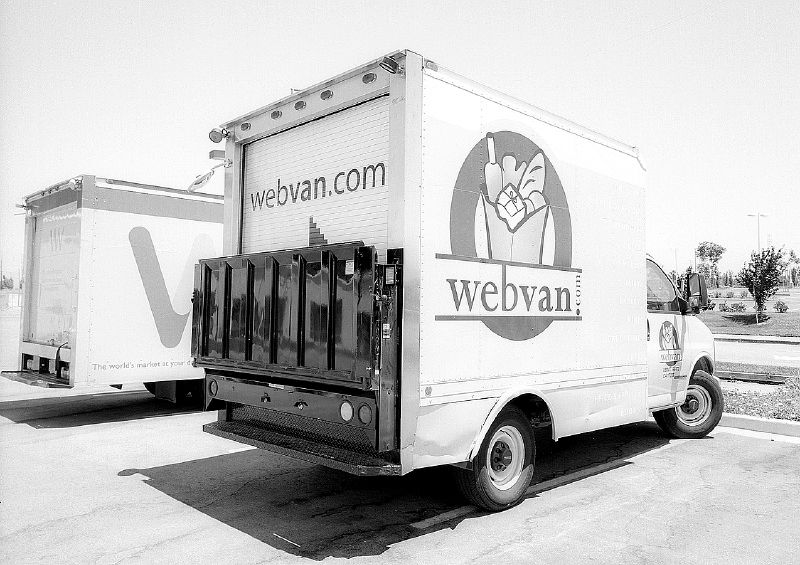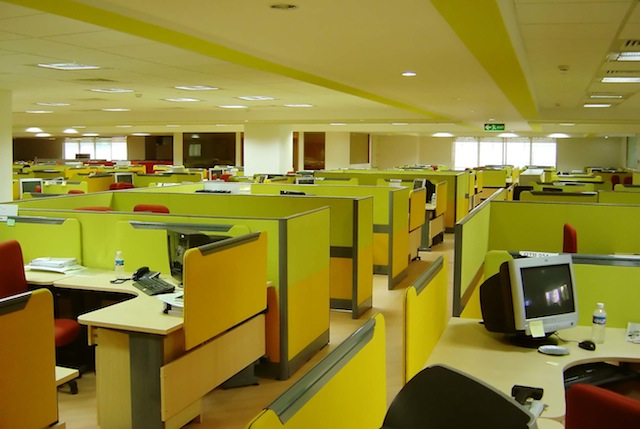At the peak of the dotcom mania in 1998 delivery services were all the go, those days are back reports Claire Cain Miller in the New York Times.
“We’re really well funded, so that is not something we’re as worried about,” Aditya Shah, Instacart’s general manager says. “Growth is the most important factor.”
This is the classic Silicon Valley Greater Fool model, where the aim is to get as many customers as possible to make the business attractive to a cashed up large corporation.
It might work, but the odds of being an Amazon or Salesforce – both companies have barely made a profit in the decade and a half they’ve been running – is unlikely.
One of the big problems is that delivery doesn’t scale, the ‘last mile’ problem of getting the goods to the customer remains the most complex and expensive part of the process.
Drones may solve the labour cost problem and sophisticated algorithms from companies like Uber may make the process more efficient but it’s unlikely an ad-hoc delivery service can ever scale to the degree these entrepreneurs project, unlike the post office and courier services where the system is built around predictable delivery routines.
Uber is the company that validated the model of today’s delivery startups, as Miller mentions;
“Meanwhile, venture capitalists joke that every other entrepreneur they meet pitches an “Uber for X,” bringing goods and services on demand: laundry (Washio), ice cream (Ice Cream Life), marijuana (Eaze) and so on.”
It’s hard to see how the current craze of delivery startups will end any better than the Webvans and dozens of other services that soared and crashed in the late 1990s, however business models are changing and it may be one of these will find the formula that works in the new economy.




